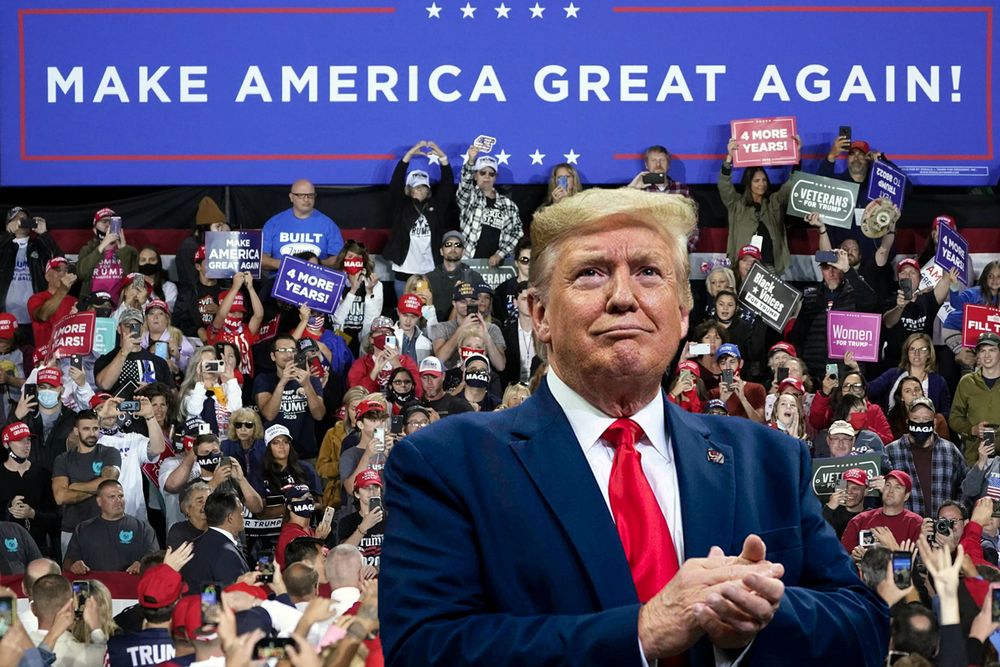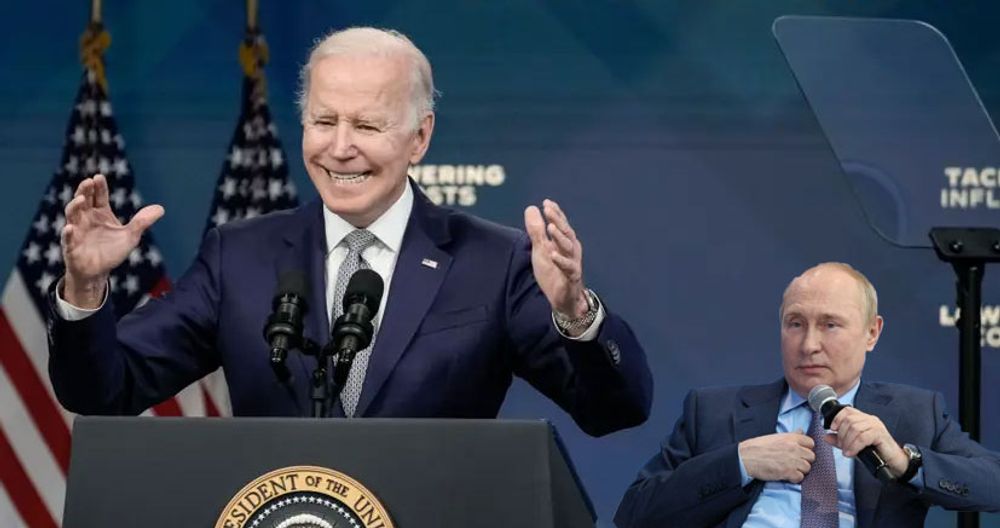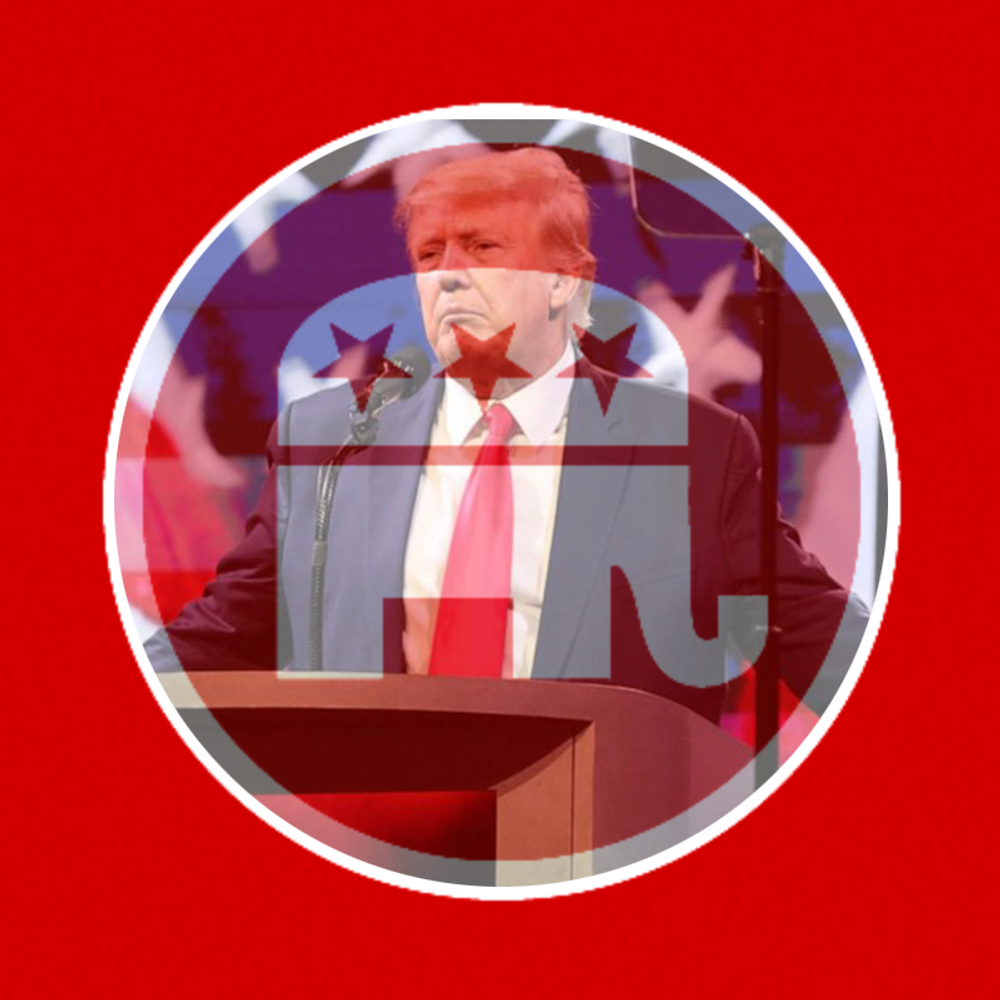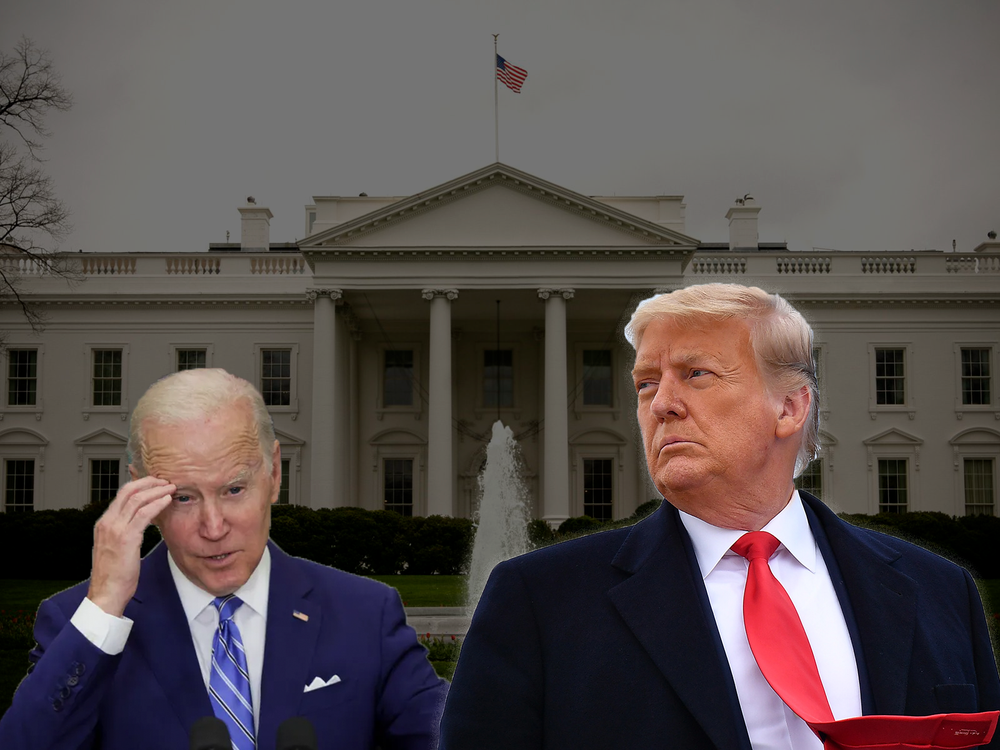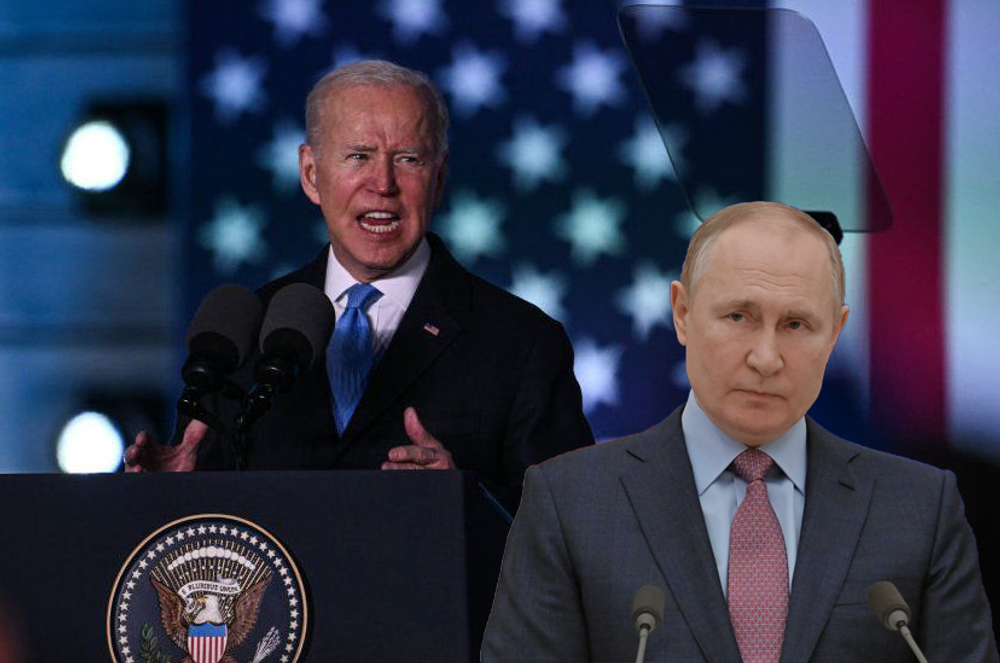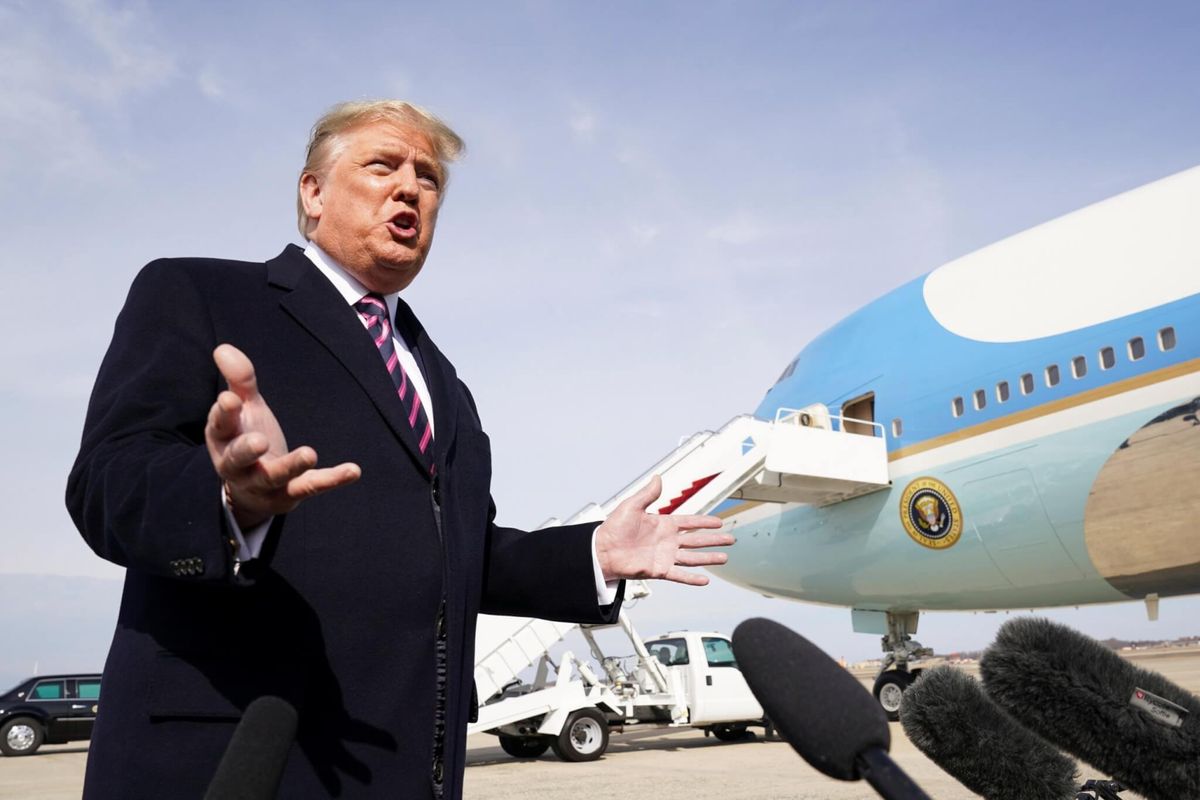
GOP Embraces Trumpian Approach to Boosting US Businesses
In the space of just three years, the Trump administration has helped usher in a major reversal in how the Republican Party views the relationship between the federal government and U.S. businesses. Ten years after the Tea Party movement sent a wave of Republican legislators to Washington with a mandate to disassemble the regulatory state and slash “corporate welfare,” the GOP is backing a president with a dramatically different vision of the relationship between the federal government and the free market.
A party wary of government interference in the free market has come to support Trump's use of punitive tariffs to protect specific U.S. industries, like steel and automobiles. It also backs him on the use of the Export-Import Bank to have the federal government finance competition with China in multiple sectors, and barely batted an eye early this month, when Attorney General William Barr suggested that the U.S. government take an ownership stake in telecommunication firms that compete with Chinese 5G giant Huawei.
Unpacking New US Criminal Charges Against HuaweiNew charges in superseding indictment accuse company of stealing trade secrets from six US companies and violating a mob-busting US law
It’s a stark departure from the years, early in the Barack Obama administration, when the Tea Party movement held an iron grip on Republican policymaking. Tea Party activists and their allies in Congress demanded less government involvement in the economy, not more, and rode to power protesting government efforts to aid struggling financial firms through the Troubled Asset Relief Program, and the stimulus package contained in the the American Recovery and Reinvestment Act of 2009.
“The Tea Party narrative about economic statecraft is going out the window in favor of something a lot more Trumpian,” said Todd N. Tucker, a political scientist and fellow at the Roosevelt Institute, a liberal think tank in New York.
“One of the things that shifted in the Republican Party over the last few years is Trump, showing through his successful campaign and winning office, that you can talk about using the government to do things for people to shape the economy, and that that doesn't have to be antithetical to a traditional pro-business Republican message,” Tucker said.
Pier 1 Files for Bankruptcy Protection Amid Online ChallengeHome goods retailer Pier 1 Imports Inc. is filing for bankruptcy protection
The message from Trump may have been easier for Republican lawmakers to digest because it has usually been tied to economic growth, job creation, and national security — three areas on which the GOP has traditionally focused. But the change is profound nonetheless.
“Donald Trump is overseeing the explicit shaping of corporate behavior by the state, which is a stark break from the libertarian framework that has guided U.S. policy since the 1990s,” writes Matt Stoller, the Director of Research at the American Economic Liberties Project and the author of "Goliath: The 100-Year War Between Monopoly Power and Democracy".
To be sure, the idea that the federal government ought to take a more active role in stimulating the development of certain market sectors did not spring fully-formed from the Trump White House. An influential train of thought in modern economics, championed by outspoken proponents like Mariana Mazzucato, an economist at University College of London and the author of "The Entrepreneurial State", holds that targeted government investment and subsidies are essential to strong growth.
“An entrepreneurial society needs an entrepreneurial state, one that through visionary and strategic public investments, distributed across the innovation chain, can create animal spirits in private businesses,” Mazzucato writes in the Harvard Business Review. “Entrepreneurs then see growth opportunities, and business investment follows.”
That line of thinking has strong support among some Republican members of Congress, like Florida Sen. Marco Rubio, who says targeted government support of certain industries is vital to national security.
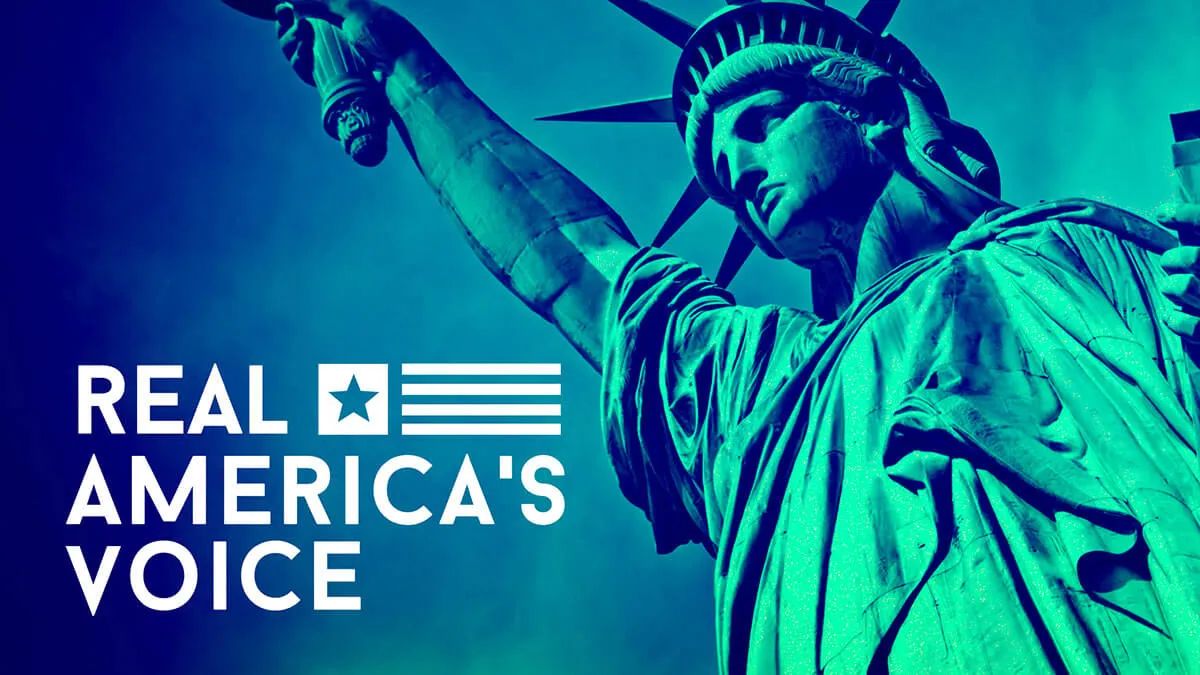
In a speech in December at the National Defense University, Rubio made the case for what he referred to as a “21st-century pro-American industrial policy.”
“What I am calling for us to do is remember that from World War II to the Space Race and beyond, a capitalist America has always relied on public-private collaboration to further our national security,” he said. “And from the internet to GPS, many of the innovations that have made America a technological superpower originated from national defense-oriented, public-private partnerships.”
He added, “This kind of collaboration is not a rejection of capitalism. It is a call to encourage and harness the dynamism of our economy’s most productive private industries to further our national security and ultimately our national economic development.”
Rubio, like Trump, focuses much of his attention on China, which unabashedly uses the power of the state to create favorable conditions for its domestic industries, though outright subsidies, low-cost loans, and economic protectionism.
In December, the GOP-led Senate approved the passage of a seven-year reauthorization of the Export-Import Bank of the United States. The Ex-Im Bank, as it is commonly known, helps U.S. manufacturers and service providers sell to clients overseas. Its assistance usually takes the form of loan guarantees that help the buyers of U.S. made goods secure affordable financing for large purchases.
This is particularly remarkable, because only five years ago, the Republican-led Congress allowed the Ex-Im Bank’s charter to expire, and came close to shutting it down entirely.
“This is one of the most jarring pivots of many pivots we've seen in the Republican Party discourse on economic policy,” said the Roosevelt Institute’s Tucker. “Going from seeing this as a form of corporate welfare to seeing it as one of our best tools for tackling the competitive threat from China.”
The bill included a provision that directs the bank to use 20% of its resources to the new “Program on China and Transformational Exports.”
The new program was created specifically to help U.S. firms that compete with Chinese companies in the markets for artificial intelligence, biotechnology, 5G technology, quantum computing, renewable energy, and more.
Stoller, of the American Economic Liberties Project, argues that the change in the federal government’s stance toward the free market is not something that will end with the Trump administration. Writing in his newsletter, "Big", which explores the effects of business monopolies, he argues that future administrations may target different areas of the economy, with Democrats perhaps focused on environmental issues while Republicans focus on defense and national security.
“Regardless of what happens, the libertarian era is over,” Stoller concludes. “Going forward, U.S. government policymakers are beginning to think of themselves once again as key actors in structuring industrial outcomes.”
 Nevada Provides Next Test for US Presidential CandidatesNext PostIran’s FM Says His Meeting With US Senator Spooked Trump
Nevada Provides Next Test for US Presidential CandidatesNext PostIran’s FM Says His Meeting With US Senator Spooked Trump
